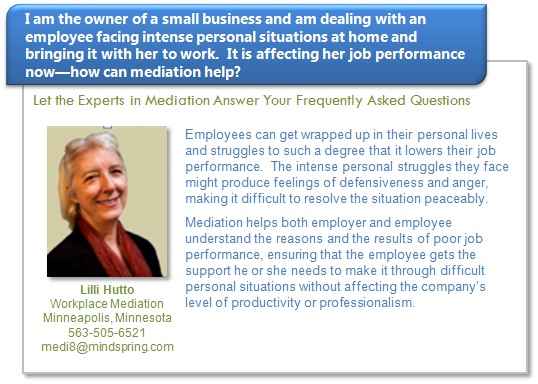If you have been issued a DUI citation or accused of criminal misconduct, you might be able to avoid going to court and standing trial by participating in mediation. This is especially true if it is your first offense. Many states allow for DUI mediation or criminal mediation for most charges if a party motions for it and the judge agrees to the motion. When a judge chooses a mediator or refers a case to a mediator, usually this is all that is required to move the case from litigation to mediation. However, in most instances, consent is required from all parties involved when a party motions for criminal or DUI mediation.
There are certain criminal offenses that cannot be handled through mediation and these vary state by state. Most states do not allow mediation in place of litigation if the criminal charge is for deliberate homicide, mitigated deliberate homicide, intimidation, partner family member assault, assault on a minor, stalking, aggravated kidnapping, sex crimes, endangering the welfare of a minor, sexual abuse of children, and ritual abuse of a minor.
Some criminal charges that are commonly referred to mediation include disorderly conduct, public intoxication, criminal domestic violence, property offenses (such as shoplifting or petit larceny), simple assault, and simple possession of marijuana.
If a plea bargain is the result of DUI or criminal mediation, a judge does not necessary have to agree with and approve the recommended sentence. However, most judges will agree with the result of the mediation process if the accused is compliant during the process and a satisfactory conclusion is reached in the mediation process.





